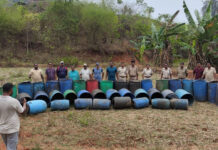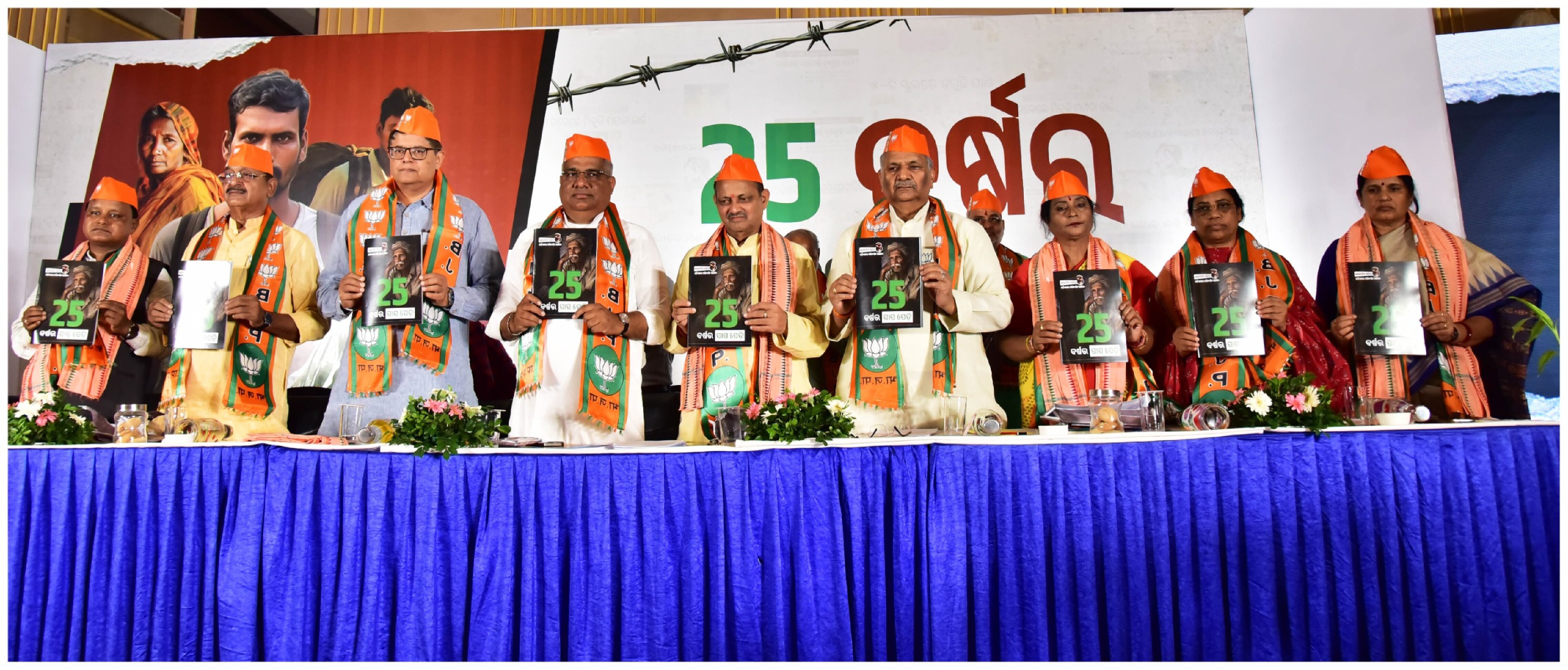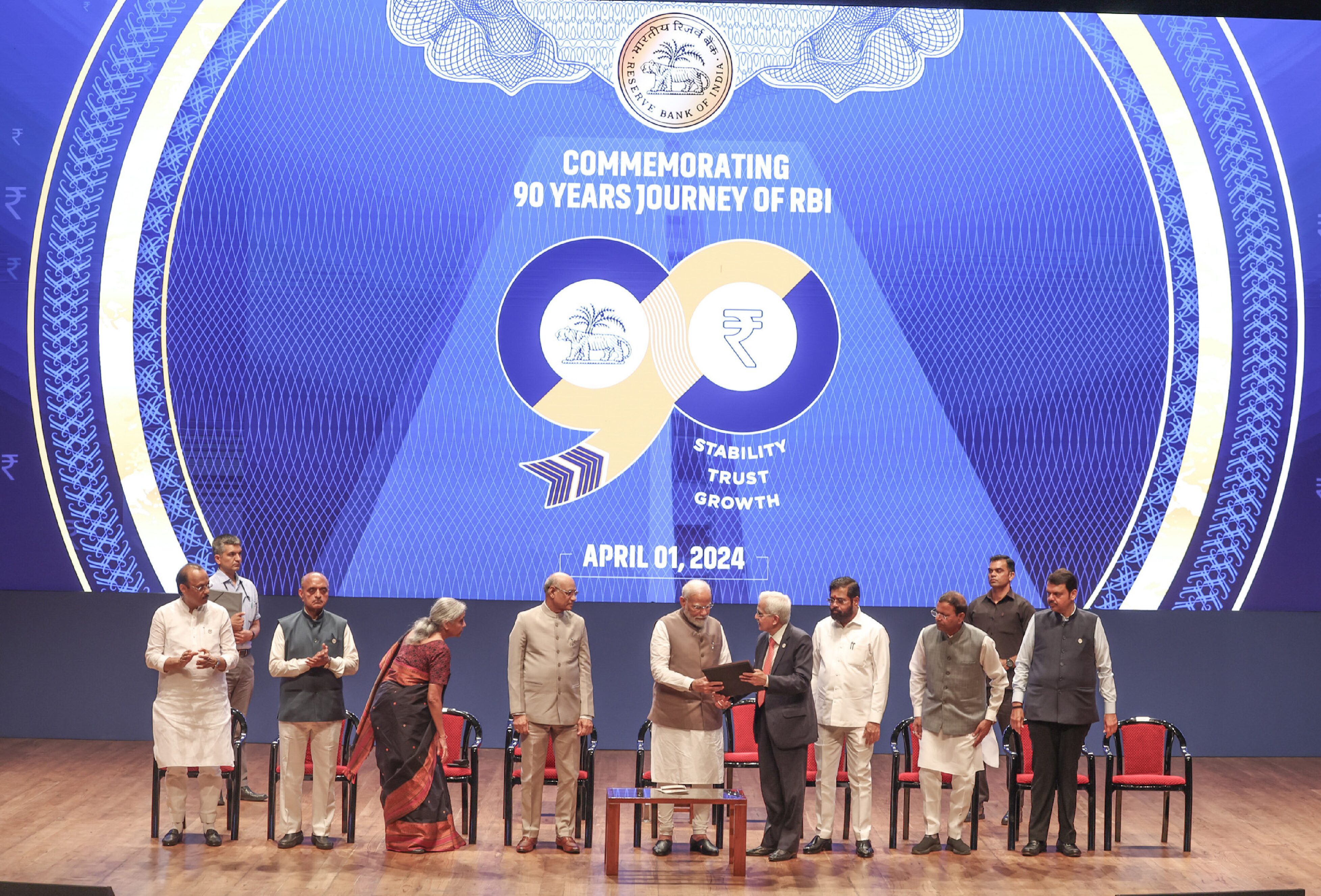A recent evaluation of the Centres of Excellence (CoE) scheme of the AYUSH Ministry carried by the Centre for Market Research and Social Development (CMRSD), New Delhi has lauded the scheme for its innovative and creative projects that are promoting AYUSH-based healthcare solutions in different parts of the country. The evaluation study further noted that all the CoEs have credible governance structures and have also raised competent groups of core staffs in the fields in which the projects function.
Under the CoE Scheme of the Ministry of AYUSH, support is provided to reputed AYUSH institutions for upgrading their functions and facilities to levels of excellence. The Centres of Excellence selected under this Scheme are the institutions that engaged in activities like Clinical Research, AYUSH Healthcare (hospitals), Research based on the fundamentals of AYUSH, Inter-disciplinary research in areas like pharmacognosy and pharmacology, Product development and bridging AYUSH and modern science.
The evaluation covered 18 Centres of Excellence from 10 different States, including Himachal Pradesh, Maharashtra, West Bengal and Kerala. The purpose of the evaluation exercise was to assess the impact of the CoEs in achieving the objectives of the Scheme, and in assessing challenges, if any, faced by the organization for achieving the standards fixed by Ministry. The evaluation of the Scheme carried out by M/s CMRSD was based on the Explorative, Descriptive and Analytical-Research approach. Both secondary research and primary research were conducted as part of the evaluation.
The healthcare services provided by these Centres include integrated cancer treatment incorporating Ayurveda solutions, Ayurvedic treatment for conditions like bronchial asthma and rheumatoid arthritis, geriatric care through Regimental Therapy (Ilaj bil tadbeer) of Unani medicine, quality ophthalmologic care through Ayurveda and Homoeopathic care for disability. Some of the centres have produced results in areas critical for modernization and development of AYUSH practices, practices like tissue culture and genetic mapping critical for studies of medicinal plants, creation of pharmacopial drugs atlas and pharmacopial monographs, standardizing of operating procedures specific drugs of Ayurveda and Siddha and establishing practices of documentation and treatment protocols for specific disease conditions.
A major finding was that through the innovative and creative projects taken up by these Centres, they not only promoted AYUSH systems, but also provided health care at quality hospitals having NABH accreditation. These CoEs have also succeeded in conducting Clinical Research for various diseases, Drug standardization, upgrading Quality Testing Laboratory and conducting research on medicinal plants. They also reached out to the public by developing IEC materials for dissemination of services. Further, they promoted Scientific Manufacturing of ASU drugs.
The study further observed that all the institutions given financial assistance under the scheme are of repute, financially sound, implementing the scheme as per the norms and objectives of the scheme and are serving the public well. The distribution of CoEs studied covers the States of Telangana (Hyderabad) – 1, Karnataka (Bangalore) – 1, Kerala (Kottakal, Thrissur-2, Ernakulum) – 4, Tamil Nadu (Chennai, Coimbatore and Thanjavur) – 3, Uttarakhand (Almora) – 1, Uttar Pradesh (Saharanpur) – 1, West Bengal (Kolkata and Durgapur) – 2, Himachal Pradesh (Mandi and Kangra) – 2, Madhya Pradesh (Bhopal) – 1 and Maharashtra (Pune and Mumbai) – 2. The geographic coverage analysis of the CoEs indicated that the CoEs are spread out across the country and that the impact of the projects is being felt in their regions as well as across the country. Further, majority of the CoEs informed that they didn’t face any issue in achieving the standard fixed by the Ministry.
The study found that beds are reserved for EWS patients in all the hospitals where IPD facility is available. Thus the CoEs are making a notable contribution in supporting the healthcare needs of the weaker sections. OPD data of CoEs reflects that more than 3 lakhs patients every year are being treated and are availing the specialist services in these centres. More than 30 thousand IPD bed occupancy every year are reported by the CoE hospitals. The study observed that most of the OPD and IPD patients are satisfied with the treatment being provided by the CoEs and with the facilities available in the centre.
Study observed that the efforts made by the CoEs in terms of research projects and research paper publication (44 in numbers) in national and international journals are notable. Research projects are being done and from the research projects papers are being published in the research journals. Further, about 2000 raw materials standardization efforts have been completed by the CoEs.
The study has noted that I.T. needs to be inducted more rigorously at these Centres. Presently, most of the CoEs (16 in number) didn’t use software for management of database.
The study suggested orientation cum review meetings (annually) coordinated by AYUSH Ministry to address all the implementation issues as well support/ guidance in documentation (online/ offline) and achieving the scheme objectives/ standards. Another recommendation related to information of CoE on the respective websites. It was observed that very few organizations have uploaded the information of CoE on their website. It would be ideal if all the grantee organizations to design a dedicated page (in their website) or a website for CoE. It was also recommended that in order to expand the ambit of the scheme and create awareness, ‘success stories’ of the CoEs in terms of significant achievement need to be publicized widely. This may be done by circulating these stories by making short films based on the ‘before-and-after’ scenarios. Such success stories will inspire other organizations to be more experimental as well as motivate them to achieve the deliverables in time.
The findings were presented by M/s CMRSD to a panel of senior functionaries of the Ministry of AYUSH, chaired by Vaidya Rajesh Kotecha, Secretary to Government of India. Encouraged by the findings, the panel decided to explore the feasibility of the CoE Scheme and of expanding its scope.







































